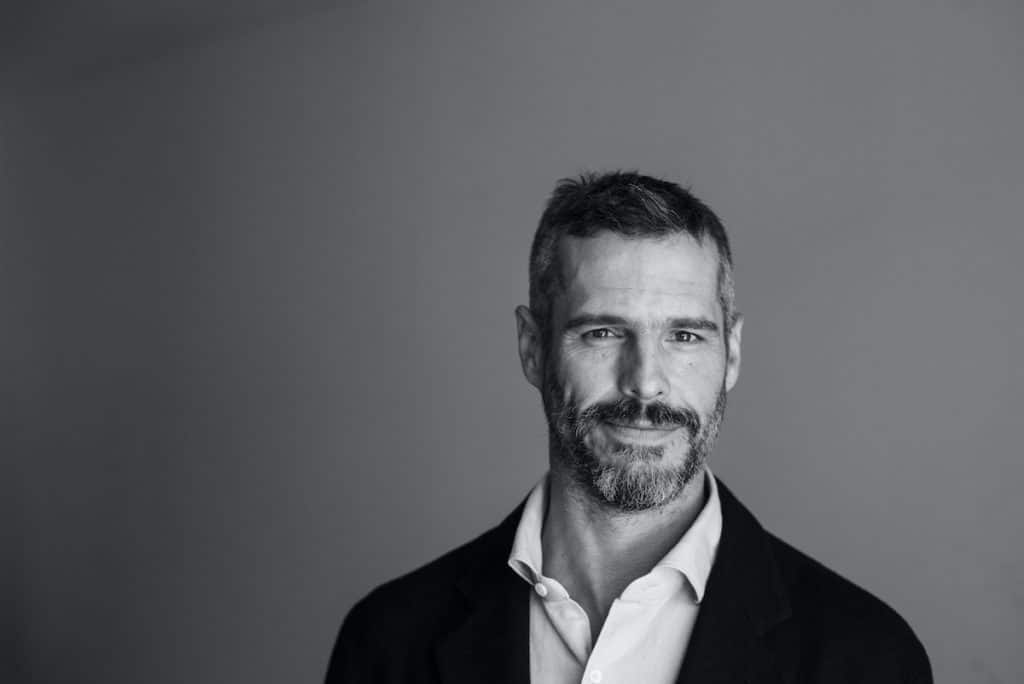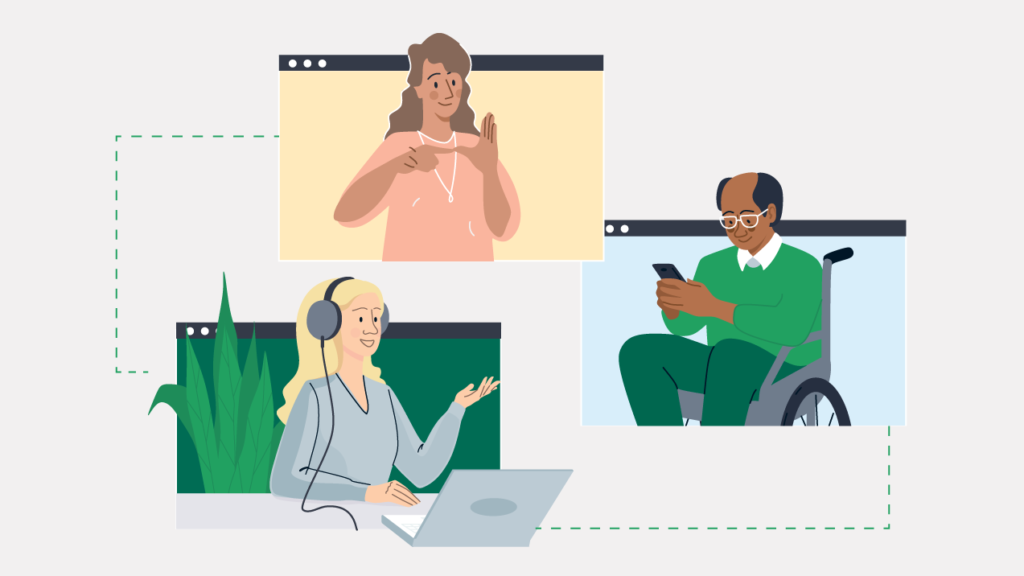Dr BJ Miller, Palliative Care Physician

The snippet below was taken from our full podcast interview.
Dr BJ Miller is a practicing hospice and palliative care physician and a triple amputee. He is one of the world’s leading public ambassadors for palliative care and dying well. He currently sees patients and caregivers via telehealth through Mettle Health, a company he co-founded.
How did you get started in palliative care?
Dr BJ Miller: “I went back to college and studied art history. So not making art but studying the idea of art. So why do we humans create art? I was really fortunate to have the experience as I was on a beautiful campus and spent my early days in this rarefied protected place where I was able to sit and listen to people teach me things. It was also a great environment for me to be rehabbing in a way.
“[Studying liberal arts] allowed me to ask myself big questions without the need to have all the answers. That was fascinating and thrilling for me. I cannot overstate it. It was like a hunch. I hadn’t been heading in [the arts] direction, but as I sat in the hospital trying to find a way to think creatively about my situation and how people work with limitations, I began to draw great inspiration from art as an impulse—the creative impulse.
“During that time I started to realise that creativity is dependent on limitation. Us humans need something to butt up against in order to find work-throughs and work-arounds. So all of a sudden I started finding my way to a worldview where my new body had the potential of offering me advantages when all the cues were that it was a disadvantage. So it was beautiful for me to be able to study that and be safe in that environment while I figured a lot of things out.”
“Studying art afforded me this idea of perspective. So how do we humans change the way we look at things? And how does art teach us to pay attention to things in different ways?"
“And then, graduation rolled around and I was really like, ‘Oh shit, what am I going to do now?’ It felt like I was approaching a cliff.
“So I towed around and did some disability advocacy stuff, and worked in an art museum, but pretty quickly I was looking for where my experiences were not only welcome, but could be even an advantage. Healthcare lit up, medicine lit up. And then, of course, I thought about how if I had been in the hospital and a doctor walked in missing parts, how powerful that would have been for me who was trying to reckon with my own value as a human being. So, that was the impulse to follow. And I said, okay, let’s go down that road.
“I thought maybe I wouldn’t like medicine or I wouldn’t be able to do it, but let’s try, let’s see. I also just didn’t know what else to do, so I thought, let’s try this. That got me into medicine, it was a different way to scratch this itch and exercise these lessons I was learning. I saw it as a way to explore what is a therapeutic engagement between humans? And how do we actually serve one another? Because, Lord knows, I was on the receiving end of a ton of giving and a ton of service, both from medical professionals up and down the line, and all my friends and family. It was a beautiful and jarring thing to receive all that support and love. But powerful, powerful, powerful.”
“So that’s where I went. I thought I was going to go into rehab medicine, because I figured, well, I don’t have this love of molecular biology or immunology or something. Instead I love the idea of service and the medical stuff is a bag of tricks that I can use to exercise that. So I thought, okay, well, since I have no particular interests, I guess I’ll work with other disabled folks in the rehab setting.”
"I finally finished med school and did a rotation in rehab medicine and realised that I did not like it. And I had promised myself, after having come back from the brink of death myself, that time was very precious and I wasn't going to squander it doing something I didn't love.
“My deal with myself was that I would quit if I didn’t like it. So, rehab medicine, I didn’t really like it, so I was going to quit. My dean talked me into doing my internship year—my first post-doc year—because in the United States, that’s when you can at least get your license as a generalist. And if I ever wanted to revisit medicine, it would be easier for me to do so.
“So I went back to my parents. My family was at that time in Wisconsin, I went back and lived with them. My sister had just died. Ah, that’s a whole other story. It was from suicide and that did all sorts of things to me, for me, at me. But suffice to say, I went back to stay with my family to congeal as a family unit and to do my internship.”
“During my internship, I did a rotation in palliative medicine and within seconds I fell in love with it because, here was a field that was interested in transcendence, here was a field that was interested in subjectivity, here was a field that was interested in how the stories we tell ourselves impact our lives.
“And, I think, maybe most potent of all for me at the time was that [palliative medicine] helped me realise that what I was really interested in was what humans do when we bump up against something that we can’t control. So much of the rest of medicine is about objectivity and control. This is great if you’re fixable. But as you know, medicine really falls on its face when you’re no longer fixable. That’s when doctors say things like, ‘Oh, I’m sorry, there’s nothing we can do,’ which of course is the bullshit. There’s plenty we can do for each other when we’re not fixable. And, ultimately, we’re all not fixable. So it was those themes that really drew me in and made me feel welcome in palliative medicine.”


